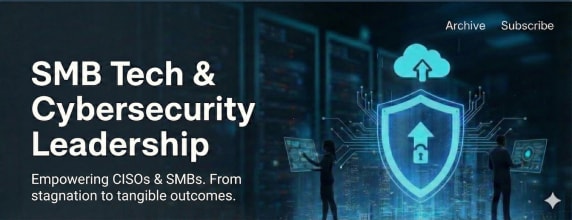Beyond the Bank Account: Phishing as a Tool for Espionage
Why Impersonation is a Powerful Tool for State-Sponsored Espionage
When we hear about phishing and impersonation, our minds often jump to scams targeting our bank accounts or credit card information. However, this cybercrime tactic has a far more sinister and geopolitical application. In the digital age, phishing and impersonation are increasingly used not for financial gain, but as a form of espionage and influence campaigns to manipulate and gain an advantage over their victims.
The goal in these cases isn't to steal money, but to acquire sensitive information, disrupt operations, or shape political outcomes. Threat actors use sophisticated techniques to impersonate trusted individuals or organizations, lulling their targets into a false sense of security. Once inside a system, they can steal classified documents, intellectual property, or privileged communications that can be used to gain a strategic advantage.
A recent case highlights this shift. A cyber espionage campaign linked to the Chinese Communist Party (CCP) was found to be impersonating Re…




